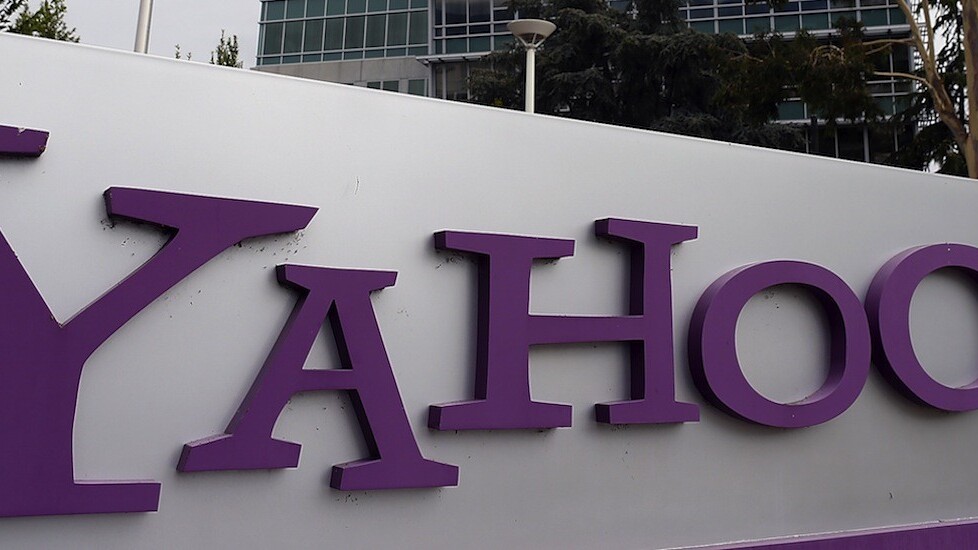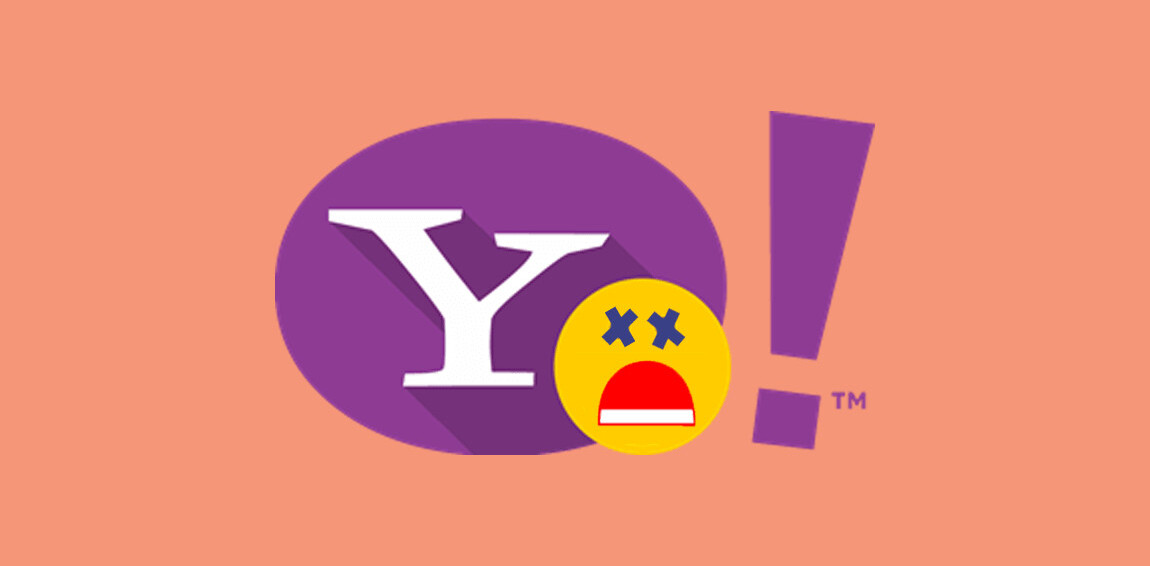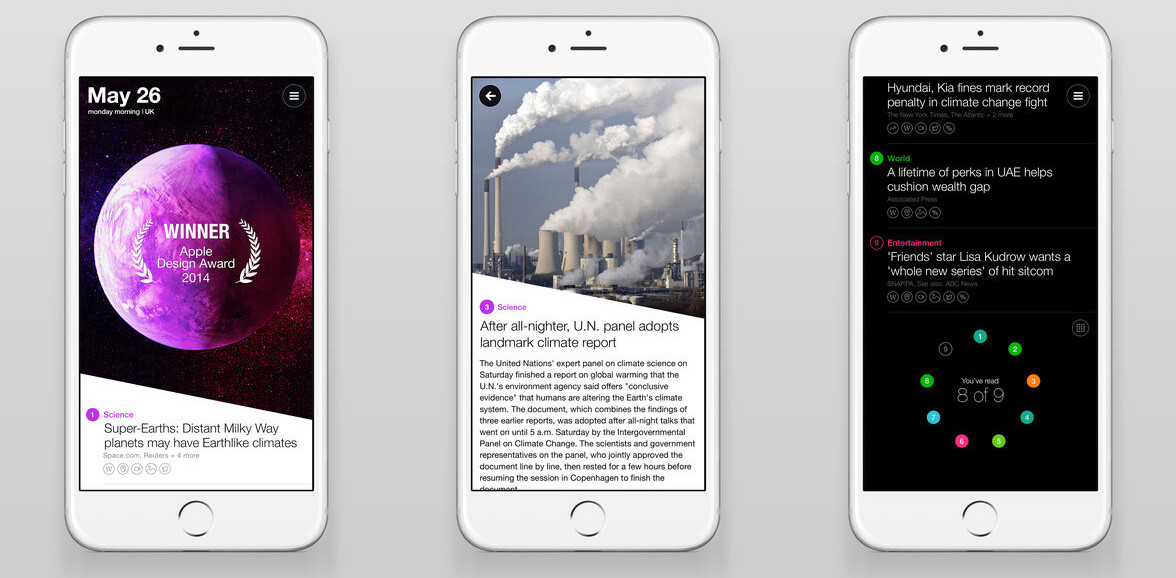
Days before an amended online child protection rule by the US Federal Trade Commission (FTC) comes into effect, Yahoo has laid out its plans to comply with the changes required.
The updated Children’s Online Privacy Protection Act (COPPA), which aims to strengthen privacy protection for children under 13 and give parents more control over the personal information that websites and online services may collect from them, is effective July 1 after being announced by the FTC last year.
Importantly, children below 12 years old won’t be able to log in to Yahoo by June 30 unless prior consent has been given by their parents.
Yahoo said parents or guardians of below-12-year-old users will get an email asking for their consent to allow the child in question to continue using Yahoo products. Children who try to log in will also see a message reminding them to ask their parents for consent.
Parents have until August 31, 2013 to give Yahoo the required consent before the company deems the account inactive. Once the child’s account is deleted, data associated with the account such as previous emails and contacts, will be deleted unless you download the information prior to that.
The COPPA rule comes up frequently whenever Facebook and its underage users are discussed. Last year, Facebook pushed back against the FTC, saying a government regulation that restricts teens’ ability to engage in protected speech – as the proposed COPPA Rule would do – raises issues under the First Amendment.
It seems like Yahoo isn’t the only company taking steps to comply with the rule. Yesterday, Google sent an email to Blogger users warning them that their site will be removed at the end of the month if they do not remove all adverts and links to external sites hosting adult content. Even though Google didn’t comment, it is likely related to a requirement in the amended COPPA rule for operators to ensure that children’s personal information is released only to service providers and third parties that are capable of maintaining the confidentiality, security, and integrity of such information, and who assure that they will do so.
Image Credit: Justin Sullivan via Getty Images
Get the TNW newsletter
Get the most important tech news in your inbox each week.





